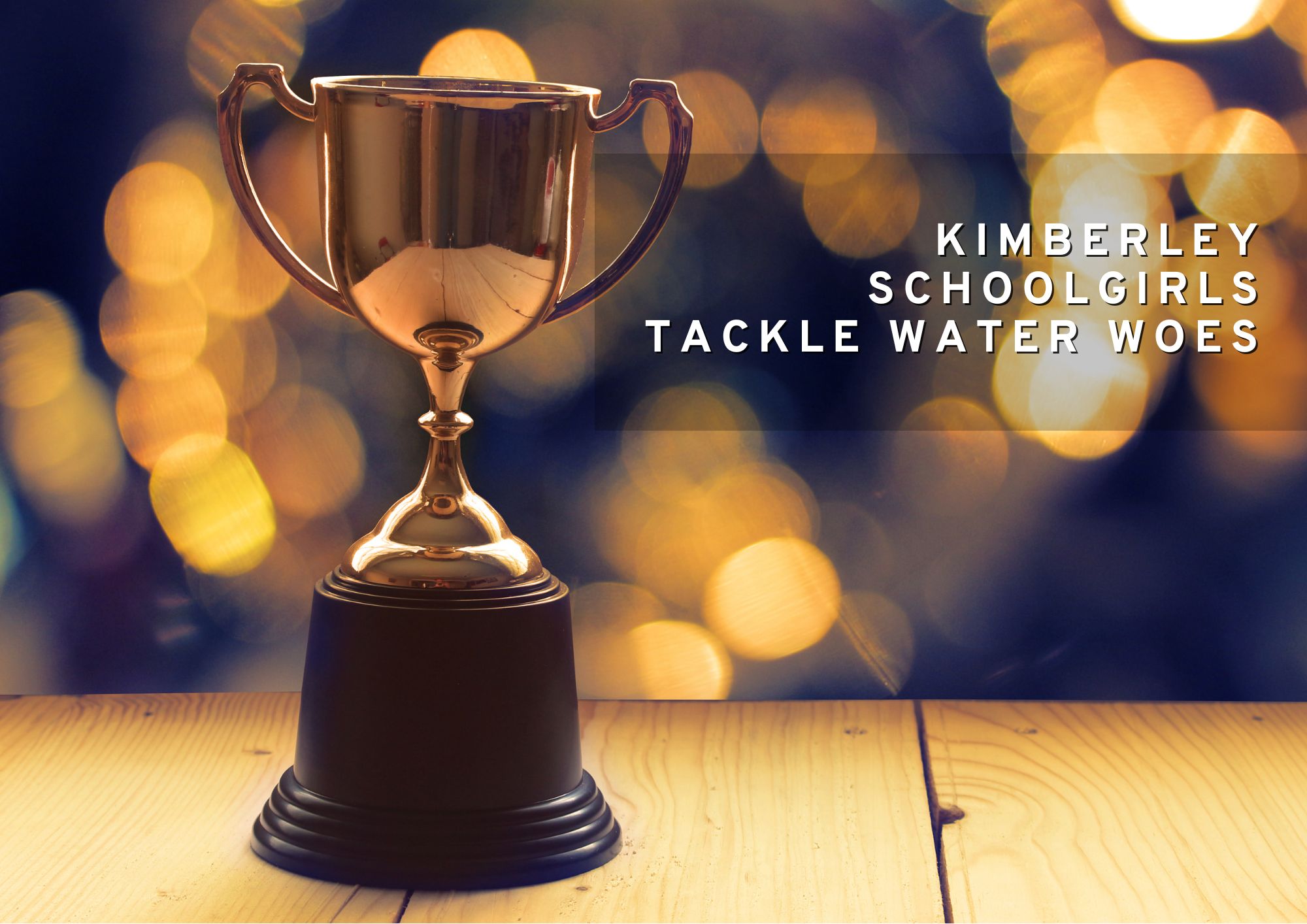The Northern Cape is facing a severe water quality crisis, with alarming statistics revealing a sharp decline in the performance of its municipal water systems. According to the Department of Water and Sanitation (DWS), an estimated 87% of drinking water supply systems in the province were rated as poor or critical in 2023 and 2024. This marks a dramatic drop from 48% in 2014, signalling a deepening infrastructure and governance issue in local water management.
This crisis affects not only rural communities but also urban centres such as Kimberley, where many residents are forced to buy bottled water or rely on costly alternative sources for clean drinking water.
South Africa’s Drinking Water Ranking Among the Worst Globally
The situation in the Northern Cape mirrors a broader national challenge. Recent evaluations by leading global institutions – including the US Centres for Disease Control and Prevention (CDC), the United Nations, and Yale University – place South Africa’s drinking water quality among the lowest in the world. These assessments cite issues such as inadequate maintenance of treatment facilities, lack of regular monitoring, and insufficient public investment in water infrastructure.
For many South Africans, access to safe tap water can no longer be taken for granted, and this reality is particularly stark in provinces like the Northern Cape.
Government and Youth-Led Solutions to the Water Crisis
In response to the worsening water situation, the DWS has prioritised community involvement and youth engagement in finding sustainable solutions. One of its flagship initiatives, the South African Youth Water Prize (SAYWP), is a national competition that encourages Grade 9 to 11 learners to design innovative water solutions. Hosted in collaboration with the Stockholm International Water Institute, the programme seeks to inspire the next generation of scientists, engineers, and environmental leaders.
The SAYWP not only provides young people with a platform to showcase their ideas but also addresses the urgent need for fresh thinking in South Africa’s water management strategy.
From Local Challenge to Real-Time Water Innovation
Youth Engineers of Change
Against this backdrop of growing concern, two high school learners from Kimberley – Jorja Annabelle Lee and Onalenna Mafora – developed a breakthrough project focused on improving water quality in their own municipality. Rather than designing an entirely new system, they chose to enhance the existing water purification infrastructure in Sol Plaatje Local Municipality, making it more efficient and responsive.
Their design, which includes multiple stages of purification and a real-time water monitoring mechanism, won first place in the Northern Cape leg of the South African Youth Water Prize.
“Our system removes both bacteria and chemical contaminants using several filtration stages,” says Onalenna.
“But what really makes it different is the real-time monitoring – something that’s missing from most municipal systems. It means issues can be picked up and fixed before the water even reaches people’s homes.”
Beefmaster Group Supports Home-Grown Innovation
Public-Private Collaboration in Action
The success of Jorja and Onalenna’s invention was made possible, in part, by the support of Beefmaster Group, the largest private employer in Kimberley. Recognising the project’s potential, the company stepped in to sponsor essential components and help the students complete their prototype.
“We believe in investing in young minds and their innovative thinking,” says Cindy Nkgoeng, HR Manager at Beefmaster Group.
“These learners represent the future of South Africa. Supporting them means shaping better communities and building a stronger, solution-driven society.”
This partnership highlights the critical role of the private sector in nurturing future innovators and underscores how corporate social investment can contribute meaningfully to solving real-world problems.
Youth Innovation is Key to Solving South Africa’s Water Crisis
The achievement of these two schoolgirls not only showcases the transformative power of youth-led innovation but also points to scalable, practical solutions for addressing South Africa’s water challenges.
Their success story serves as a powerful example of local impact, public-private collaboration, and the untapped potential of young minds when given the right support.
In a province where the majority of residents cannot rely on clean tap water, projects like these offer hope – and a pathway to a more sustainable and equitable future.
Frequently Asked Questions (FAQs)
Q: What is the South African Youth Water Prize?
A: The South African Youth Water Prize (SAYWP) is a national competition run by the Department of Water and Sanitation to encourage high school learners to innovate water-related solutions. Winners may go on to represent South Africa internationally at the Stockholm Junior Water Prize.
Q: What problem does the girls’ invention solve?
A: Their invention targets unsafe drinking water by enhancing filtration and purification systems, and crucially introduces real-time water monitoring to detect contamination instantly, preventing health risks before they reach households.
Q: Why is water safety such a concern in Kimberley and the Northern Cape?
A: Government reports have shown that the Northern Cape has some of the worst-performing water systems in South Africa, with many systems classified as poor or critical. Infrastructure failure and lack of monitoring are key issues.
Q: How did Beefmaster Group support the project?
A: Beefmaster Group provided financial support by sponsoring technical components needed to build the filtration system. As a major local employer, the company is committed to community development and youth empowerment.
Q: Can this water system be used in other areas of South Africa?
A: Yes. Although designed for Kimberley, the system’s modular design and real-time monitoring technology make it suitable for wider implementation in other municipalities facing similar water quality challenges.
Final Word
In a time of increasing pressure on South Africa’s water infrastructure, this innovative project by two schoolgirls offers more than hope – it presents a tangible, science-based solution with the potential to improve lives. With support from organisations like Beefmaster Group, the future of South Africa’s water and its youth looks more promising than ever.


